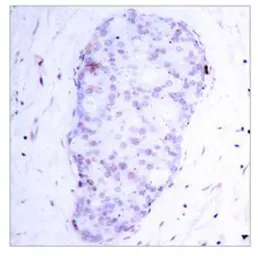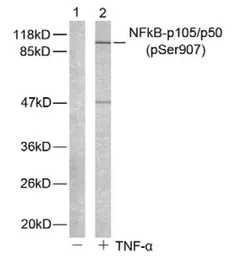NFkB p105 (phospho Ser907) antibody
Cat. No. GTX78998
Cat. No. GTX78998
-
HostRabbit
-
ClonalityPolyclonal
-
IsotypeIgG
-
ApplicationsWB IHC-P
-
ReactivityHuman


